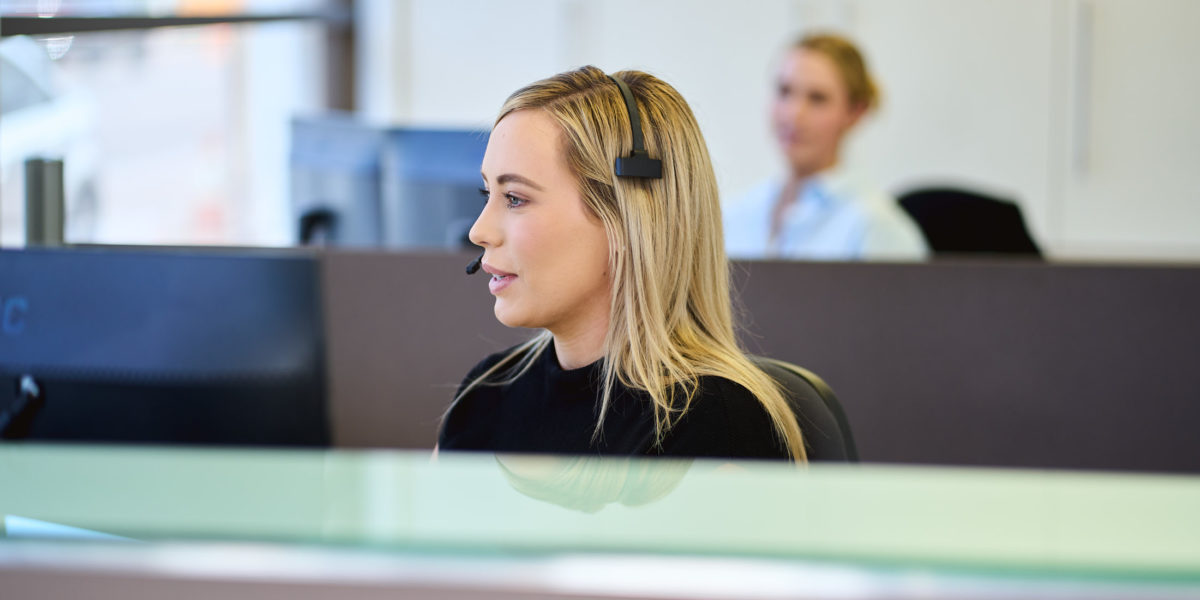Preparation for Your Anaesthetic
If you have any concerns regarding your health and upcoming anaesthetic, it is important you contact Specialist Anaesthetic Services on 8273 5666 so we can answer your questions.
PLEASE NOTE: The following is general information ONLY.
Fasting
Fasting is VERY important before your anaesthetic.
Please follow this important link for Diabetic Fasting Instructions.
Anaesthesia often causes a loss of normal reflexes. This makes patients prone to regurgitation and inhalation of gastric contents in the lungs which can be a life-threatening complication during anaesthesia.
The times you need to fast are:
- 6 hours for food
- 4 hours for breast milk
- 2 hours for water (no milk or juice)
The time is based on when your surgery is booked to be performed. The hospital or your Surgeon will inform you what time you need to fast from when you book your surgery date.
If fasting guidelines are not adhered to, you could run the risk of surgery being cancelled on the day by your Anaesthetist or Surgeon.
If you have any queries regarding your fasting, contact us on 8273 5666.
Adjustable Lap Band In Situ
If you have had any previous gastric surgery to facilitate weight loss (eg. gastric banding, sleeve gastrectomy) please advise your Anaesthetist prior to surgery.
If you have an adjustable lap band you will usually need to arrange with your Bariatric Surgeon to have it deflated (either fully or partially) a few days prior to your surgery. This applies to all patients having procedures where vomiting is possible, ie. patients having general anaesthesia or those who may need strong painkillers after their procedure.
Deflation is usually not required if you are planning to have a minor procedure under local anaesthetic and sedation, for example cataract surgery, endoscopy or colonoscopy.
Please contact our rooms on 8273 5666 if you are unsure and your Anaesthetist will advise you if deflation is required.
Smoking
If you are a smoker, it is a good idea to give up a few weeks prior to your surgery date. The longer you can give up the better. If you cannot do this, reduce the amount you smoke. You should not smoke on the day of surgery.
Medications
Prior to surgery, some medicines need to be stopped, adjusted, or their use reviewed. Patients should continue all other medications as prescribed and advise the Anaesthetist of all medication used prior to surgery.
PLEASE NOTE: This is general information ONLY. If you have any queries or concerns, please contact our rooms on 8273 5666.
Coughs and Colds
Coughs and colds can make your airways more “reactive”. However the effect can last for four to seven weeks after your illness.
There are signs that the cough or cold is a little more severe than usual. The signs are:
- Fever
- Reduced appetite
- Productive cough
- Shortness of breath
- Nasal discharge
If you have these symptoms it is important that you see your GP (who will be able to assess you prior to your scheduled surgery), or ring our rooms on 8273 5666 and our staff can determine the course of action for you to take.
Fingernails – painted, acrylic or gel
There is some concern that coloured fingernails interfere with pulse oximeter readings (a monitor the Anaesthetist uses to check your oxygen levels throughout the operation). Ear oximeter probes can be substituted for finger probes.
Consequently, you can leave the polish and prosthetic nails on.
